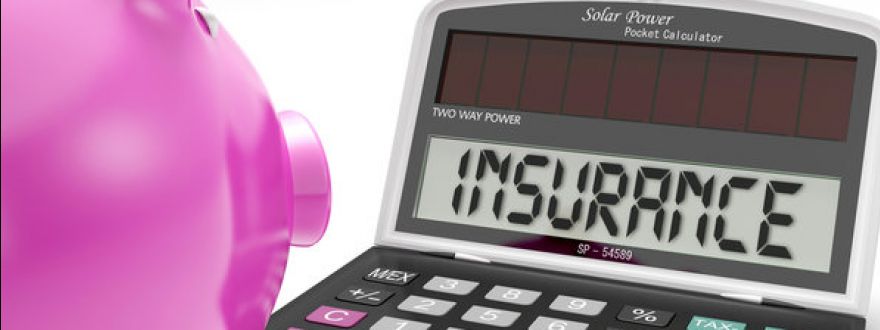
One of the most common topics of conversations for new homeowners is the astronomical price of home owners insurance. But, there is no way around it, if you own a home. It’s not surprising, after all, as it is a significant amount when you take a look at how much a home already costs in electricity, gas, water and other "operating" costs. If you are struggling to come to terms with the cost of your home insurance, it could be helpful to take a look at what factors go into the price that you have been quoted or are paying. When you understand these kinds of details, it can help settle it in your mind a bit more.
Proximity to emergency services
While often thought to be one of the “unfair” details in putting together a home insurance policy, the physical distance (and access) to a fire department or police station will impact the price that you are paying. If your home is a long distance from emergency services, the damage could be much more severe than for those who are closer and can get the fire department to them in minutes.
Age of home and roof
Another factor is the age of the home as well as the roof. This will/does include any kind of upgrades and other details that factor into its risk of damage such as a fire hazard from old electrical wiring, a flood from plumbing leaks and damage to the home’s structure due to a weak roof that caves in during a storm. That’s what makes home maintenance and upgrades so important when it comes to house shopping.
Construction of home
The actual manufacturing materials of the home will also contribute to the price. A home that is made out of stone or with a metal frame, for instance, is thought to be a better investment due to its lessened fire hazard risk. However, a home that is made from vinyl and a wooden frame is sometimes thought to be inferior because those don’t hold up as well over time.
Location of home
Similarly, the location of your home may also play a factor in how your insurance is priced. If you are living in locations that are popular for crime, flooding, wildfires, or earthquakes, your policy is considered a higher risk and you’ll need to pay more for it. Interestingly, if you take a look at your location in reference to the materials, picking the right materials for your location (wood-based homes or metal-based homes in earthquake territory, which we don't typically have to deal with but is an example), you can enjoy some savings.
Having a renter
When you are renting out your home, or even a room in your home to someone, you may find your insurance could go up because your provider is taking liability for someone that they cannot vet and this makes them untrustworthy as a result. Just something to consider. If you are renting out your home on a long term basis, you'll want to discuss this with your insurance agent as it may require different insurance. Obviously this depends upon your situation and various factors such as is it a family member or is it furnished, etc. Your renter may want to consider renter's insurance as well.
Your coverage policy add-ons
If you’ve got add-ons such as medical coverage in case of injury, flood insurance, windstorm, personal property or liability insurance and more, those will add on to your costs. They’re, of course, worth the cost if you need it, but they still factor in. Again, a conversation with your insurance agent or an annual review can be helpful as you may not realize what you are covered for and what you may not be covered with.
It can be frustrating to see the totals climbing high for reasons that are, for the most part, out of your control. However, everyone’s in the same boat — er, house — and there’s a lot to be said for common ground! Contact Harbour Insurance Services at (281) 520-4090 for a free quote or with any questions you may have.





